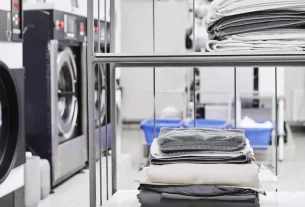Your dedication and self-control will be the deciding factor in how quickly you can pay off your debt. Spending must be reduced first and foremost. If you cut your expenditure and build up your savings, your financial situation will gradually improve. Finding strategies to increase your income will help you pay off your debt much faster. With a significant increase in your income, you will be able to make larger payments to your debtors and significantly reduce the overall amount owed.
If you’re serious about paying off your debt and starting a debt-free life, one of the first things you should do is resolve to put off using credit until you’ve accomplished your goal. There are a few questions you should ask yourself before making any purchases. Is it absolutely necessary that you buy this right now? Should you put off buying something till you have more money? Do your best to avoid using credit cards whenever possible. Read the get out of debt plan below.
Create a written or digital record of your monthly outlays
You’ll be able to see exactly where your money is going and which bills to prioritise. Create a spreadsheet detailing your debts, your repayment schedule, and, most importantly, your interest rates. Pay down the ones charging the highest interest rates first. Don’t be afraid to negotiate a lower interest rate with your creditors.
Reduce your spending on luxuries you might like but do not need
It is essential that you do this. You need to begin saving immediately, even if it’s just a few dollars. Consistently putting money aside will improve your financial situation and speed up the process of paying off debt. Expenses, especially the little ones, can add up rapidly. The cost of eating out once or twice a week can quickly pile up. It might not seem like much now, but when you add up your spending from just one month, you might be shocked. Eight visits per month at $10 a meal at a casual eatery totals $80.
Just remember that the more haphazardly you spend, the more difficult it will be to reach your goal. Keep your eye on the budget while making sacrifices. You should put whatever savings you make from cutting back into savings and not touch it. It will become obvious when you compare your previous spending patterns to your new budget and expense plan. Spend money in accordance with your newly established budget and expense plan.




